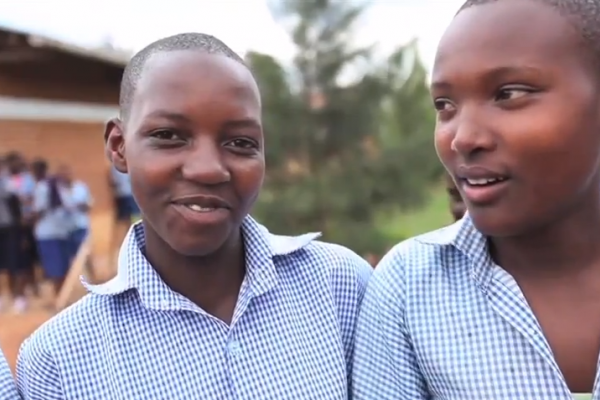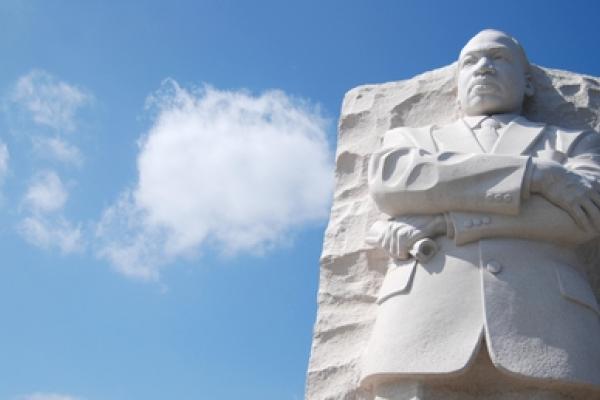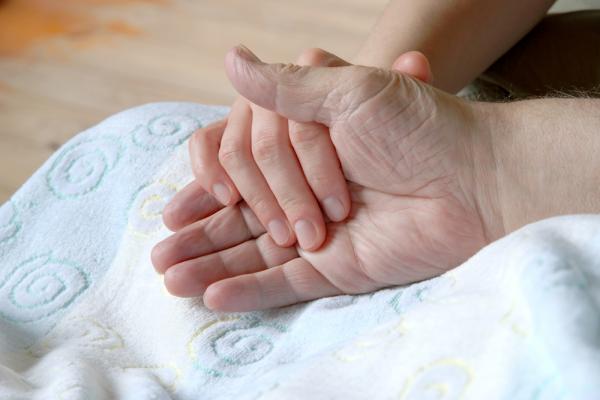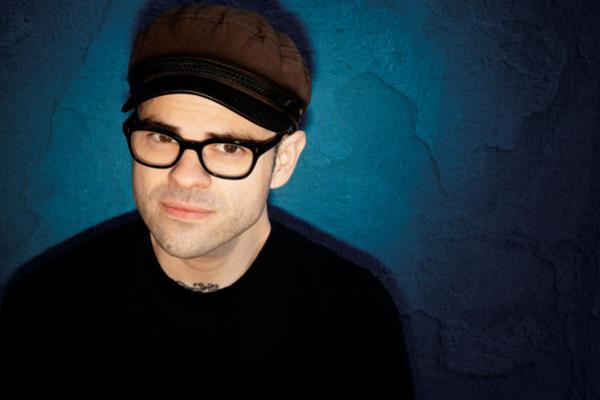Several years ago, Amee Paparella was an eager student at a state university in Ohio. A conservative Christian, she quickly signed up to join the campus ministry. What she found in the group surprised her.
“It was so misogynistic,” Paparella recalled. “My leaders perpetuated this hyper-masculinized idea of God as physically a man.”
Over the years, Paparella wrestled to reconcile this image of God with her own faith, often to the discomfort of her peers. But an incident of sexual abuse within the ministry proved the breaking point. When it was discovered that a young man had been abusing his female partner, also in the group, the campus minister and student leaders responded by encouraging the young woman to stand by her man and to pray with the other students for his healing.
Class began at dusk in a dimly lit studio facing Pacific Coast Highway as the yoga teacher appeared, adjusting the shawl draped around his shoulders, and took his seat on a quilted meditation pillow.
Because the sun was setting behind him, the teacher appeared in silhouette. I could only hear his voice as he guided us through the 90-minute Kundalini yoga class – a series of meditations, chanting, vigorous breathing exercises, and asanas (or postures).
“I want you to know that this is a safe place,” the teacher, Cole “Raahi” Jacobs, told us midway through class. “You can feel whatever you need to feel. You are safe here.”
I did. I was.
At the beginning of the year, I embarked on a two-month sabbatical to recover from a rough 2012. I needed to recharge, and resolved to rest, spend time with the people I love most, and find some kind of physical practice that would be restorative.
According to UNICEF, 29,000 children under the age of five – 21 each minute – die every day, mainly from preventable diseases.
The GAVI Alliance, a public-private partnership aimed at increasing worldwide access to immunizations, has a goal of reaching 250 million children by 2015. Dr. Mercy Ahun, GAVI special representative in Geneva, sat down with Sojourners to discuss the role of faith-based organizations in helping reach those 250 million,and the role her own personal faith plays in her work.
“What really got me into public health is my time in the children’s wards. We were working with children who had preventable diseases,” Ahun said. “… I thought to myself, why should stay here waiting for the children to fall sick before they come to the hospital. It’s better actually to go out there and prevent this in the first place.”
Editor’s Note: Jim Wallis’ latest book On God’s Side: What Religion Forgets and Politics Hasn’t Learned About Serving the Common Good is sparking a national conversation of what it means to come together on issues that traditionally divide the nation. Bloggers Adam Ericksen and Tripp Hudgins are having that conversation here, on the God’s Politics blog. Follow along, and join the discussion in the comments section.
Benedict of Nursia is on my mind this morning as I ponder what it is that Jim Wallis is trying to accomplish with his new book, On God's Side. Adam Ericksen pondered the virtues of baseball, winning, and losing in his post from earlier this week. Adam questioned the metaphor. What do we do with our losers? How can we all win?
What would it mean if people of faith began transferring their human identities from class, racial, and national loyalties to a global identity in a new beloved community created by God?
~ Jim Wallis, On God's Side
Today I'm wondering about where Jim was when he started pulling all of this together. Jim shared that he went on retreat (a good practice, in my humble opinion) to gather his thoughts for this new book. He went to a monastery (also a good practice, in my humble opinion). He prayed the hours. He wandered the grounds. He spent some time in silence. He read the Narnia books and gave some serious thought of C.S. Lewis' Aslan. All of this led to a question, well, many questions, but this question I've pulled out is what caught my attention. What if, indeed, Jim. What if we were to do this thing ... the beloved community?
It is no surprise to me that this question would emerge while Jim was at a monastery. Of course it would. And that he riffs on Dr. Martin Luther King, Jr., in a way is also wonderfully telling. "Our goal is to create a beloved community and this will require a qualitative change in our souls as well as a quantitative change in our lives," said Dr. King. Our souls must change. So too must our lives. Dr. King said much about the beloved community. So too did Benedict of Nursia.
There's so much to say here. I'm a little stumped. The beloved community is the Church, but it is exemplified by the monastery where people relinquish their individual control of their worldly goods. Monastics take vows to pray and work together. There's a shared rhythm of life. There is a shared mission. It's a challenging and difficult life, and not all Christians are called to it. Obedience, stability, conversion of life. If we want to be the beloved community, then the we must avow ourselves to such a Rule. Indeed, we must give up our personal or private identities to the service of all.
But how do we do this as a culture, a global church?
A new poll finds overwhelming support for assisted suicide for the terminally ill among Anglicans, Catholics, Hindus, Sikhs and Jews in Britain, with Baptists and Muslims the only groups that oppose changes to British law, which currently prohibits assisted suicide.
But Britons are debating the topic intensely.
More than seven-in-ten (72 percent) members of the established Church of England and 56 percent of Roman Catholics support assisted suicide for the terminally ill, the survey shows.
Christian conservatives have grown increasingly alarmed in recent weeks over reports and rumors that the Pentagon is considering new policies aimed at discriminating against Christians and disciplining or even court-martialing those who share their faith.
But the Department of Defense on Thursday sought to debunk that speculation, saying that while aggressive proselytizing is barred, evangelization is still permitted and the rights of all believers – and non-believers – will be protected.
“The U.S. Department of Defense has never and will never single out a particular religious group for persecution or prosecution,” Pentagon spokesman Lt. Cmdr. Nate Christensen said in a statement. “The Department makes reasonable accommodations for all religions and celebrates the religious diversity of our service members.”
The day Franklin Graham was born, he received a telegram.
“Welcome to this sin-sick world,” the Western Union message said, “and to the challenge you have to walk in your daddy’s footsteps.”
It didn’t take long for Graham, the son of famed evangelist Billy Graham, to realize that being a preacher’s kid would be both a blessing and a burden.
“I love my parents,” Graham said in a recent interview, “but there came a time where I couldn’t let my parents live my life.”






